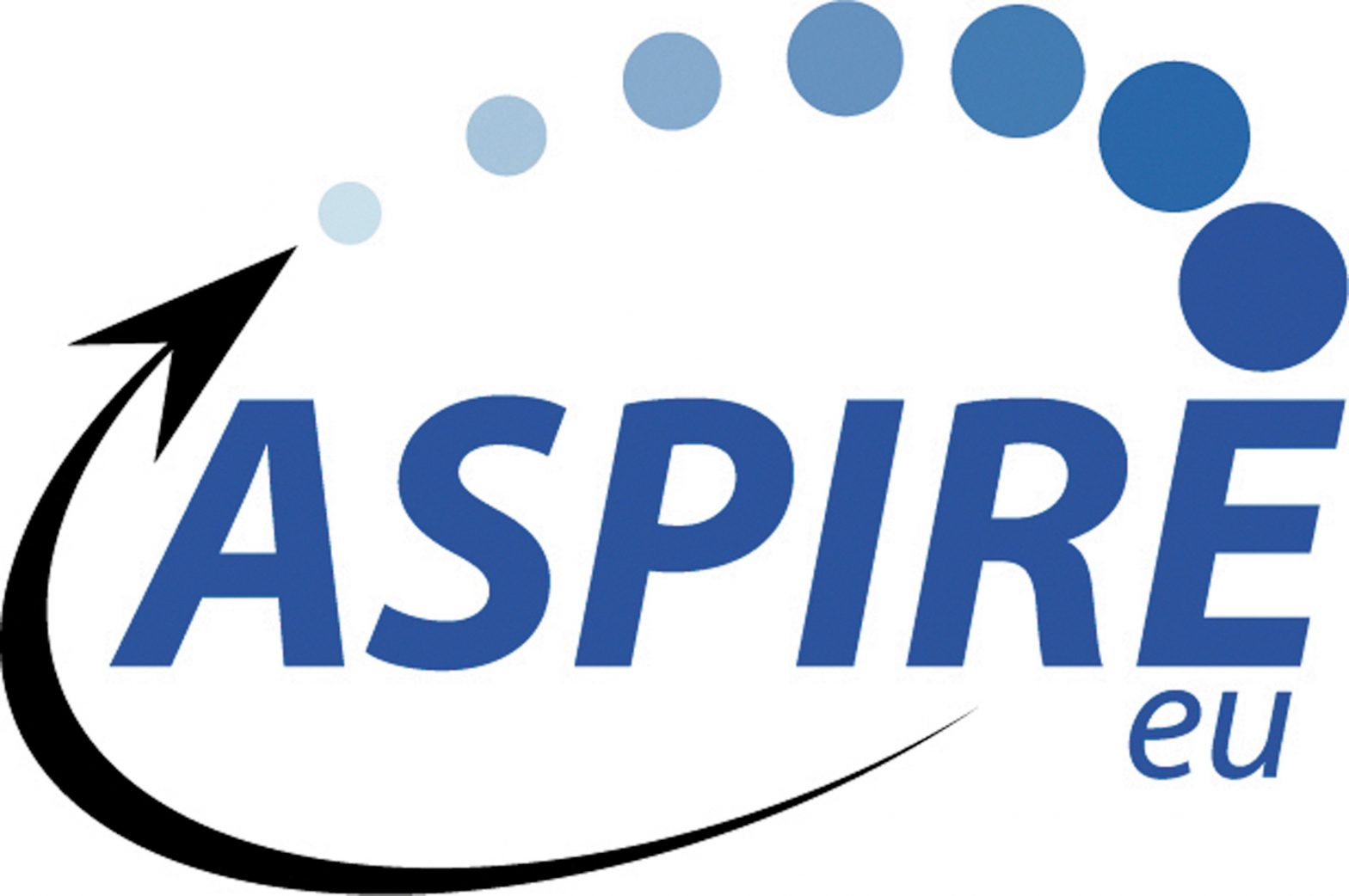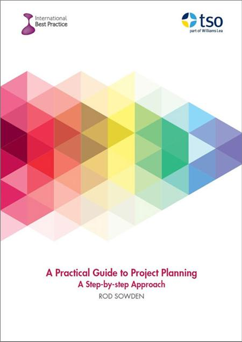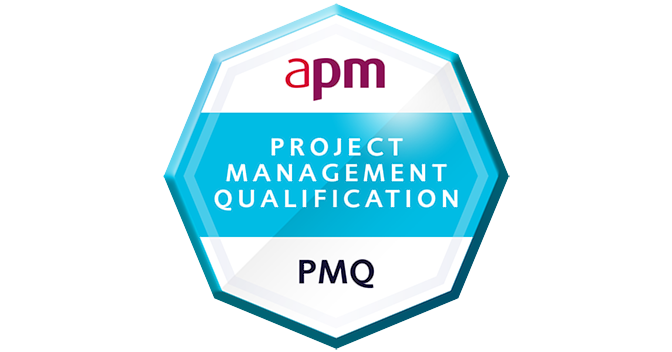When we sat down to design our APM PMQ eLearning course a year ago, we decided not to follow the standard approach of converting our existing face-to-face course, but to create something really special.
Rod Sowden, Aspire Europe MD said “Back in the day, when I did the PMQ equivalent, it was one of my most influential courses, so I wanted to create the same experience for our clients, we have set out to be the absolute best.”
There are a number of challenges that we had to overcome, such as:
- The qualification is aimed at project professionals, so it isn’t about helping to memorise the contents of a manual.
- It has a very wide syllabus based on the APM Body of Knowledge, so the exam can go in many directions on many topics.
- It is about using your experience and reflecting that practical knowledge in the answers.
Faced with these challenges, this is how we have gone about our own project:
We have designed a course that blends interactive eLearning with videos and personal exercises to create an experience that challenges you in multiple ways.
The course takes a 4 stage approach:
- Ensure you know the syllabus materials – Most project people will know some of the Body of Knowledge, so we provide 17 modules that help ensure that you know all of the topics in enough depth for the exercises and exam. You don’t have to do them all, it is up to you.
- Managing project delivery – We have created a series of modules that take you through the common stages of a project, from first concept to closure. In each step we use the full range of project techniques and apply them to a scenario to bring it to life.
- Project Reno – during the project delivery we have built a real life case study that gives you the opportunity to manage a number of project situations, make your own decisions and see if you come up with the same answers as us (in project management there are always multiple options).
- APM exam preparation – with potentially 90 question areas in the exam, we decided to take the long way round to help you. For every potential question we have prepared an exercise for you to complete and we’ve written a suggested answer that covers the points that we think would get you through the exam.






